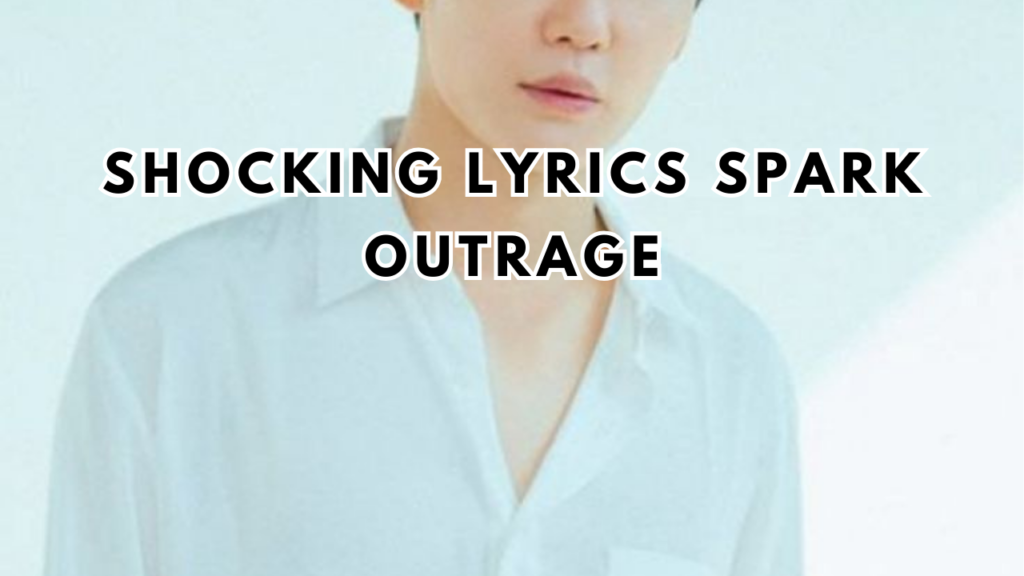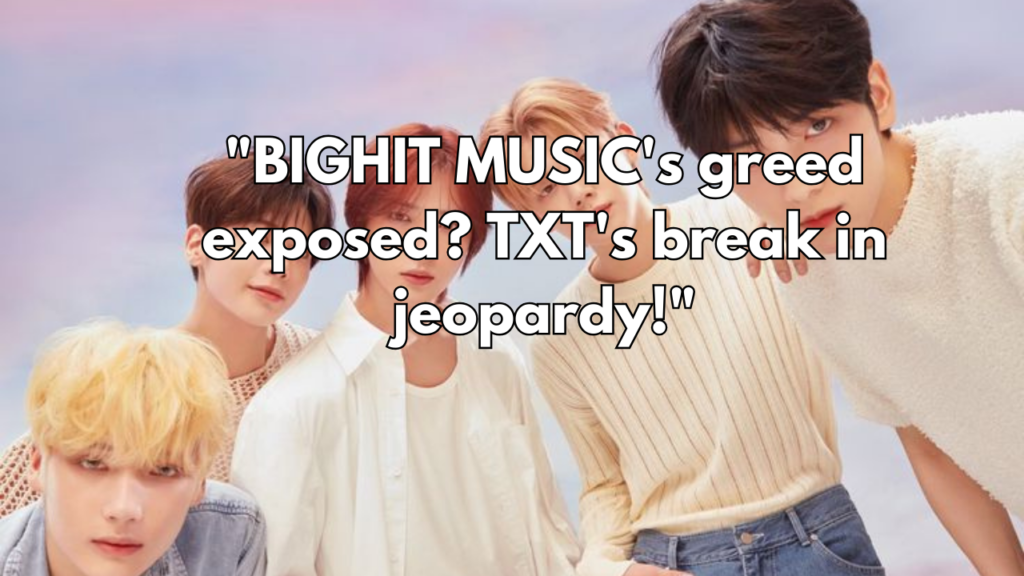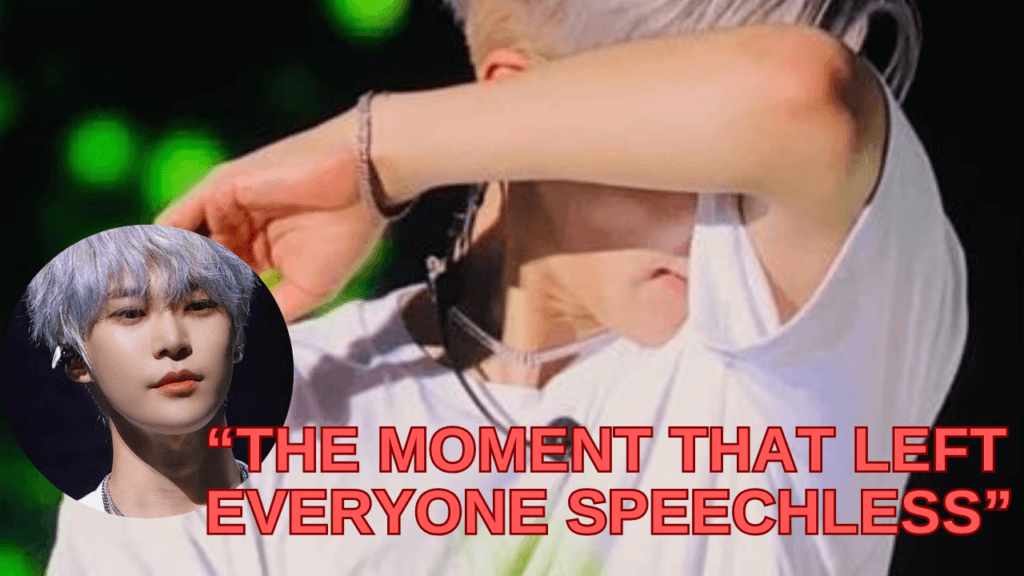Kim Junsu’s Musical Content Under Scrutiny
The Kim Junsu song controversy has become a major talking point in Korean entertainment circles. The JYJ member’s 2015 track “Silk Road feat. BewhY” has resurfaced amid intense public discussion. The song’s metaphorical content and artistic choices have sparked significant debate among netizens and music critics, leading to broader conversations about content boundaries in K-pop.
Background of the Kim Junsu Song Controversy
The controversy emerged alongside recent developments involving Kim Junsu in an extortion case. According to reports, an Afreeca streamer allegedly demanded approximately ₩800 million KRW (about $569,000 USD) from the artist through 101 separate instances between September 2020 and October 2024. The streamer reportedly threatened to release audio recordings containing sensitive content after meeting the idol in 2019.
This situation has led to renewed attention on Kim Junsu’s past works, particularly his 2015 mini-album “Yesterday.” The album’s fifth track, “Silk Road feat. BewhY,” has become the center of discussion due to its controversial lyrical content and metaphorical approach to intimate themes.
Public Response to JYJ Silk Road Lyrics
Online communities have expressed strong reactions to the song’s metaphorical content and overall presentation. Many netizens have shared their discomfort with both the lyrics and melody, citing concerns about the appropriateness of such content in mainstream music. The track’s artistic approach has generated significant discussion about acceptable boundaries in K-pop songwriting.
The public response has been particularly notable on various online forums, where users have expressed their opinions through numerous comments and discussions. The debate has extended beyond just the lyrics, encompassing discussions about artistic expression and responsibility in the entertainment industry.
Impact on Korean Entertainment Industry
The Kim Junsu song controversy has highlighted ongoing discussions about content boundaries in K-pop. Industry experts note this situation’s potential influence on future musical releases and content guidelines. The debate extends beyond just one artist, touching on broader industry standards and practices regarding artistic expression and content creation.
This controversy has also sparked conversations about the responsibility of artists and entertainment companies in content creation. Many industry observers suggest this incident could lead to more careful consideration of lyrical content in future K-pop releases.
Final Thoughts: Reflecting on the Kim Junsu Song Controversy
This situation raises important questions about artistic expression and content boundaries in Korean entertainment. The ongoing discussion demonstrates how public perception of content can evolve over time, and how past works can be reexamined under different social contexts.
The controversy also highlights the delicate balance between artistic freedom and public sensitivity in the entertainment industry. As the K-pop industry continues to evolve, these discussions may influence future content creation and industry standards.
What are your thoughts on this controversy? How do you think it might affect future K-pop releases? Share your perspective in the comments below!







